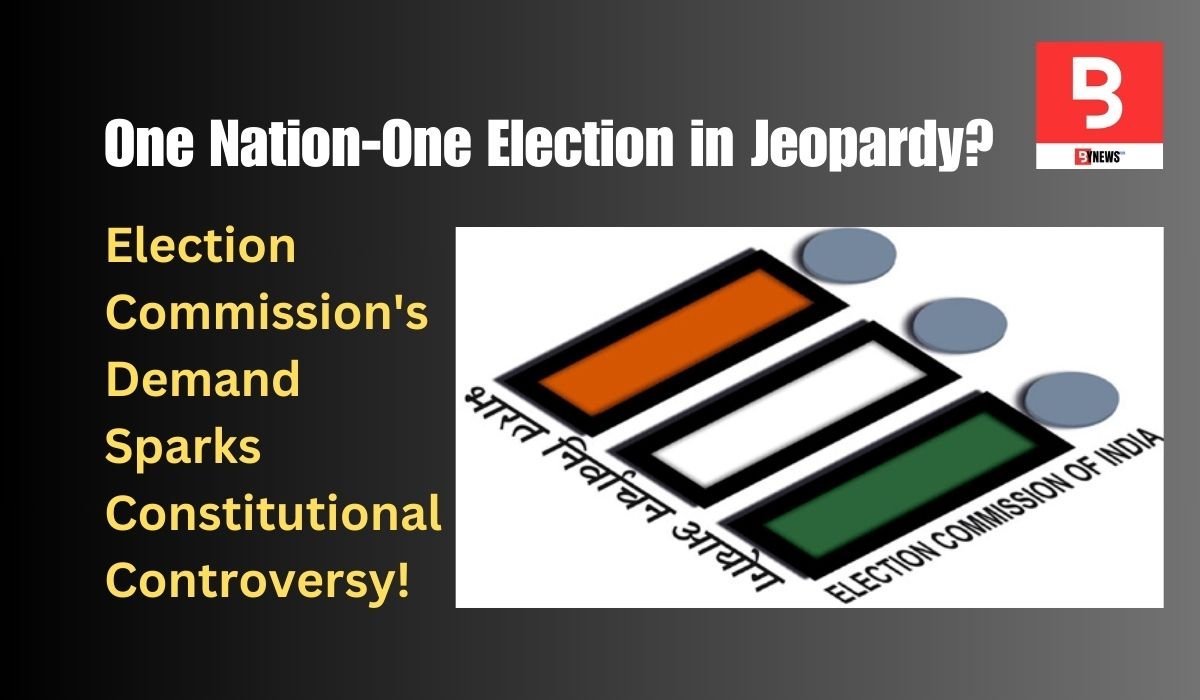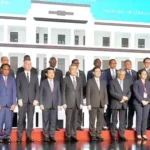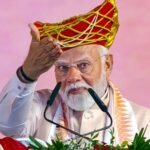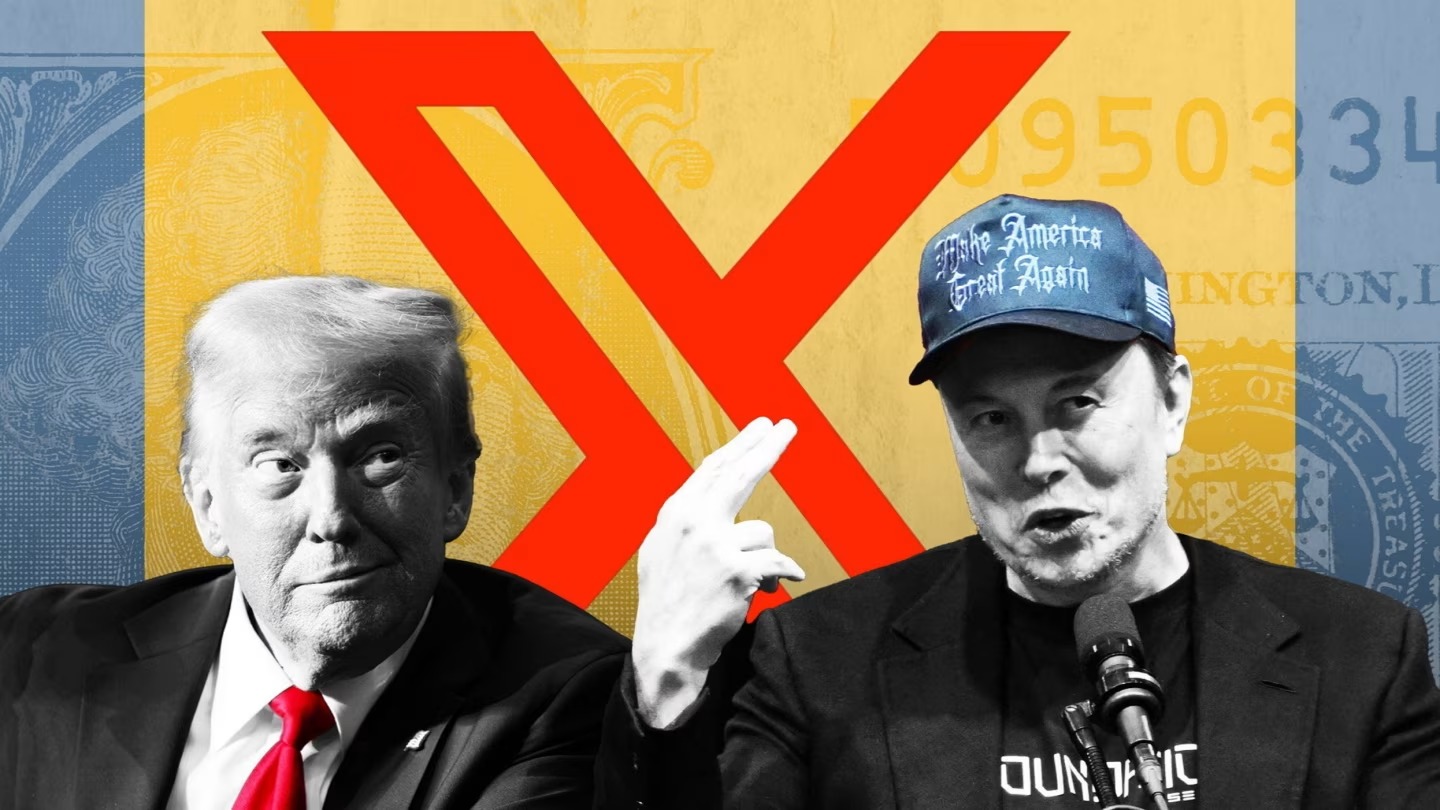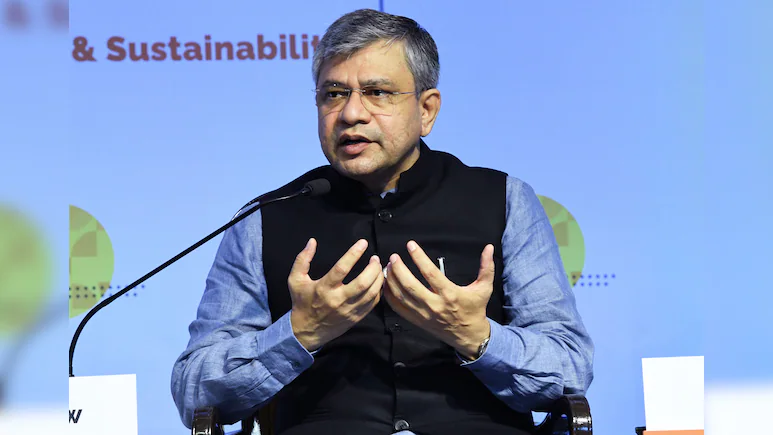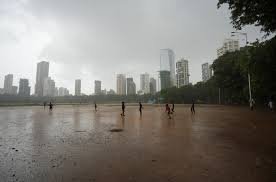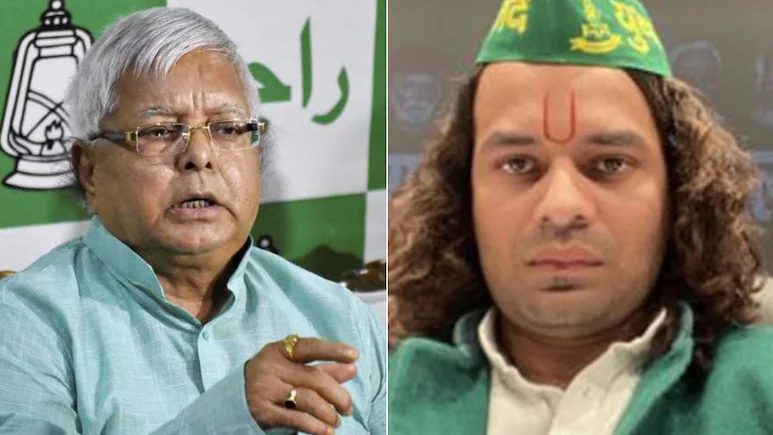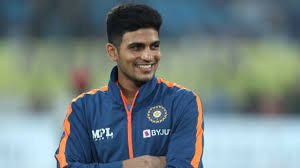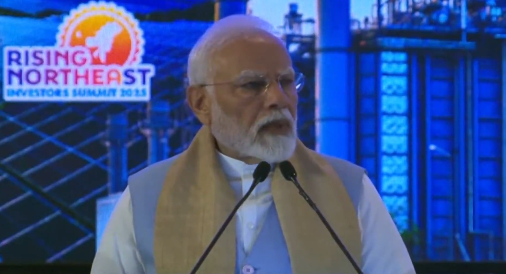Constitutional Shake-Up: Uncover the latest political turmoil as the Election Commission throws a curveball into the One Nation-One Election plans. Dive into the details of this constitutional shake-up that has sent shockwaves through the political landscape, redefining the trajectory of the ambitious electoral agenda. Get exclusive insights into the bold demand that has left the government scrambling to address this unexpected challenge!
‘One Nation, One Election’ in the country Discussion has started on the issue. The Election Commission of India has also intensified its efforts regarding how this matter can be implemented. A blueprint on this has also been prepared by the Election Commission.
According to HT report, the Election Commission has estimated that if Lok Sabha and Assembly elections are held simultaneously in the country, then Rs 10,000 crore will be required for the purchase of new Electronic Voting Machines (EVMs) every 15 years.
In fact, under the chairmanship of former President of the country Ramnath Kovind, ‘One Nation, One Election’ was implemented. But a high level committee was formed. On behalf of the Chairman of the Committee, the matter of holding simultaneous elections has been discussed with former Chief Election Commissioners (CEC) and retired judges. These meetings are being held at a time when suggestions have been received from the public on the issue of holding simultaneous elections. These meetings were held after some time.
One set of EVM machines can be used in 3 elections simultaneously
According to PTI, the Election Commission has also prepared a complete draft on the issue of holding Lok Sabha and Assembly elections simultaneously, about which the Central Government has also been informed. The poll panel has informed the Center that the shelf life of EVMs is 15 years. According to the report, if elections are held simultaneously in the country, then one set of EVM machines can be used in 3 consecutive elections.
ECI has estimated that there will be a need to set up about 11.80 lakh polling stations in the next general elections across the country. The Commission says that to conduct simultaneous elections, two sets of EVMs will be required at each polling station.
How many ballot units will be required to hold elections simultaneously
According to PTI, the Election Commission says that an EVM machine requires at least one control unit, one ballot unit and one VVPAT machine. Due to this, the Commission will require 46,75,100 ballot units, 33,63,300 control units and 36,62,600 VVPAT machines to conduct simultaneous elections.
The poll panel says the tentative cost of EVMs is estimated at ₹7,900 per ballot unit, ₹9,800 per control unit and ₹16,000 per VVPAT.
Infrastructure Challenges and Practical Hurdles
Amid efforts to synchronize elections, the Commission acknowledges the need for increased storage facilities, vehicles, and security personnel for EVM machines. The practicality of such requirements is explored, with the Commission suggesting that the earliest feasible implementation of simultaneous elections might be in 2029.
Constitutional Amendments: The Key to Simultaneous Elections
The Election Commission asserts that five articles of the Constitution need amendment to facilitate simultaneous elections, emphasizing the necessity of changes in the anti-defection law. Explore the legal intricacies involved in this groundbreaking proposal as the Commission communicates its concerns to the Law Ministry.
Must Read : Exclusive: The Faces Behind Rahul Gandhi’s Kitchen Cabinet – Who Holds the Key Now?
Election Commission: Guardians of Democracy
Dive into the role and significance of the Election Commission of India as a constitutional body, entrusted with the superintendence, direction, and control of the entire electoral process. Uncover the historical evolution of the Commission and its pivotal role in upholding the principles of free and fair elections in the world’s largest democracy.

